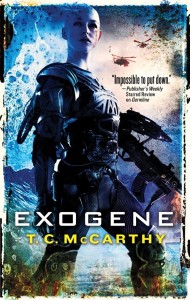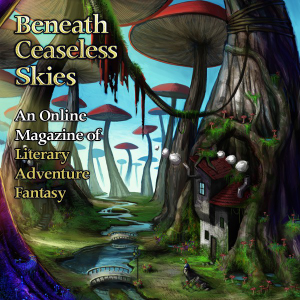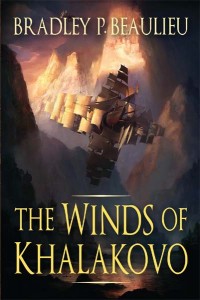 Some people treat genre fiction as if it’s a dirty diaper – to be held at arms length and stuffed in a pail as soon as possible. At least that’s the impression I got on Friday, September 23rd. It all started when I went downtown to hand out fliers for my upcoming book signing and to let local representatives have free copies of my debut novel, Germline, because it seemed to me like civic organizations might want to help a local author. My expectations were a little unrealistic (see the moral of the story at the bottom)…
Some people treat genre fiction as if it’s a dirty diaper – to be held at arms length and stuffed in a pail as soon as possible. At least that’s the impression I got on Friday, September 23rd. It all started when I went downtown to hand out fliers for my upcoming book signing and to let local representatives have free copies of my debut novel, Germline, because it seemed to me like civic organizations might want to help a local author. My expectations were a little unrealistic (see the moral of the story at the bottom)…
First stop: the Visitor’s Center, which my tax dollars support, and which I reasoned “would surely want to help a local author, especially considering not many local authors have had a shot at this kind of gig.” Not exactly. The lady behind the counter glared at me when I interrupted her knitting, and even my explanation that she could have a free copy of Germline if I could leave a few fliers for my book-signing did nothing to change her mood. She sighed and handed the book back. “Leave the flier with me,” she said, “I have no place to put them but maybe there’s room on the table outside.” OK, I thought, fine; so I tried to hand her a stack of fliers but she shook her head and went back to knitting; “I’ll only need one of those.”
Read More »




